There’s legitimate concern the Voice will entrench more division, just as the campaign has created
Our Constitution should treat all Australians equally and the Yes campaign has sought nothing less than to differentiate one Australian from another.
Opinion
Don't miss out on the headlines from Opinion. Followed categories will be added to My News.
Euphoria filled the room on election night in 2022. Labor’s Anthony Albanese had unseated the Coalition. Mr Albanese would unite Australians, he vowed, starting with a referendum to establish an Indigenous Voice to Parliament.
The Prime Minister could have sought to legislate such momentous change. He should have. Instead, he was driven by idealism in what detractors now argue was also a telling moment of election night hubris.
Referendums are notoriously difficult to pass. Eight of 44 have succeeded since 1901. A 1967 vote for Indigenous equality set a record for support. “Right wrongs,” said the campaign material, “Write YES”. And more than nine in 10 Australians did.
And who in Australia, two generations later, wouldn’t want the plight of Indigenous Australians to be addressed with the urgency it deserves.
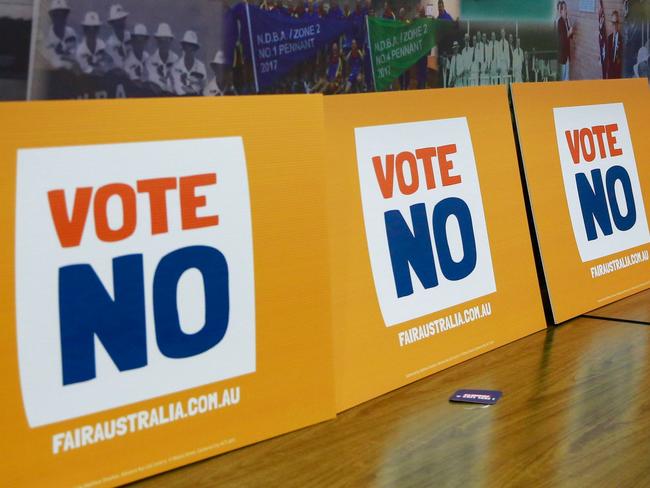
The feel-good glow of the Yes case flowed into this year. Support sat at or above 60 per cent. Then that support sagged. And kept sagging. Indigenous backing of 80 per cent for the Voice has been polled in recent days at 59 per cent.
This widespread scepticism is understandable. The Yes campaign has sought nothing less than to differentiate one Australian from another in the Constitution. Yet it has offered a confounding lack of detail for such a drastic reset.
Saturday’s referendum is a touchstone in our nation’s history.
This is exactly why it’s a decision not to be taken lightly.
But to use a simple simile, Yes23 has tried to sell a high-priced car without a roadworthy certificate. And most Australians appear to doubt the Voice’s promised performance.
The Yes campaign warrants analysis. As chief cheerleader, Mr Albanese offered mixed messages in what became a blur of T-shirts, sound bites and photo opps, posing with everyone from basketballer Shaquille O’Neal to national pariah Alan Joyce.
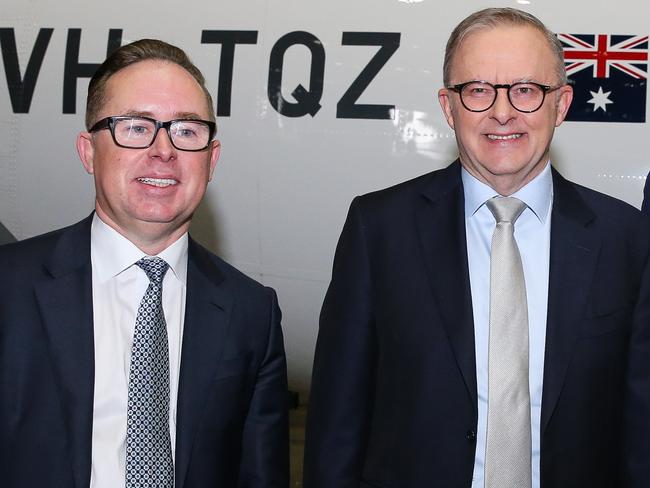
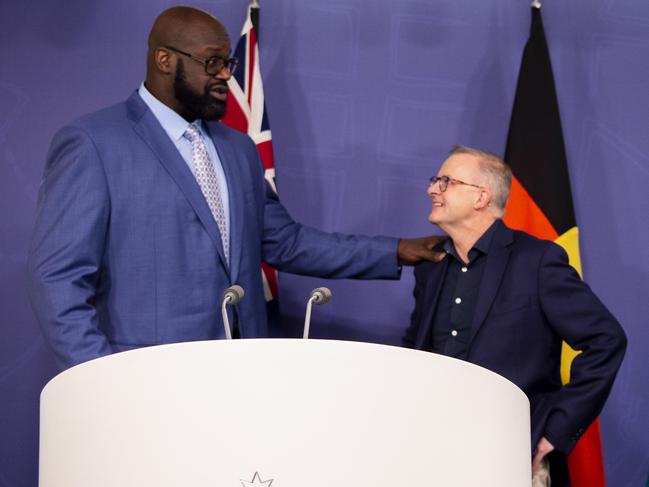
Was the Voice a single idea on one page or, as became apparent, the first stage of a process of treaties, truth-telling and possible reparations?
Was it a framework for the future or penance for the past?
Was it a “modest” and “safe” change, as Mr Albanese said, or “transformational” change, as Albanese also said, too?
The Prime Minister argued the Voice was merely an advisory body but also declared it would be a “brave” government that ignored its recommendations, and could never define the limits of its remit.
The biggest point was this: the Voice represents a new section and chapter in our Constitution that can only be altered through another referendum. The Constitution has served us well for more than 120 years, and any changes to its wording demands exacting scrutiny.
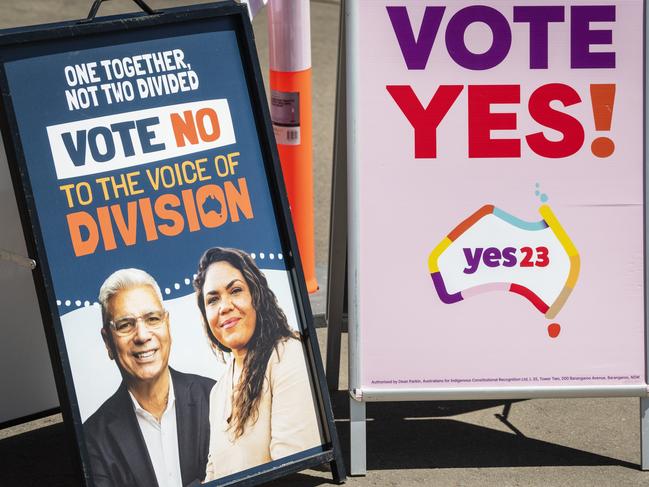
In it, there’s an abiding assumption that all Australians should be treated equally (which helps explain the 1967 referendum result). While by no means perfect, we’re a nation that strives never to divide our citizens by race.
The Yes campaign’s lack of detail has informed the No case, which (some say cynically) crafted a slogan: “If you don’t know, vote No.”
Extreme elements of the No camp have used social media to spread misinformation. But people with reasonable inquiries for clarity were decried as ignorant, and sneered at from the likes of Noel Pearson, Marcia Langton and Ray Martin. The racism card was played early, with hostility from so-called elites who sought to silence those who didn’t agree.
Prominent No campaigner Jacinta Price, whose Indigenous heritage and experiences qualify her for pre-eminent influence, was accused of “punching down” on her own people.
The Yes message was unity. But its delivery was alienating.
A disconnect grew. For every politician, corporate or celebrity promoting their Yes credentials on social media, there were thousands of people unconvinced by a conflicted and confusing slapdash vibe of fragmented agendas. All while the average Australian’s focus was paying the bills as household costs soared.
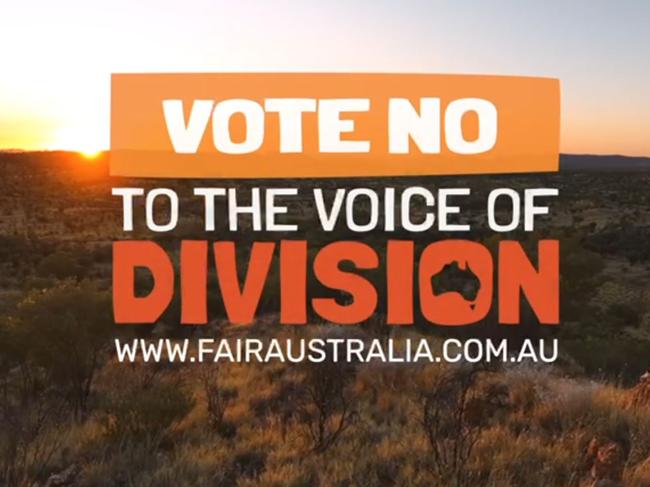
In the end, many voters are still unclear on what the Voice is and how it could help those most in need. It hasn’t been adequately explained how it would better outcomes in remote communities where benchmarks for health, education and employment run below the already deplorable statistics for the wider Indigenous community.
Australians are also clearly uncomfortable with one group or race being given special rights above the rest of the nation. There’s legitimate concern the Voice will entrench more division, just as the campaign has created.
For these reasons, the Herald Sun believes the Yes campaign has failed to make a compelling case to alter our Constitution in such a substantial way. Fundamentally, our Constitution should treat all Australians equally.
Those who choose to vote no aren’t racist and certainly don’t deny legitimacy to the First Nations people who have lived here for 60,000 years.
A rejection of the Yes campaign shouldn’t be confused with a rejection of the vital need for constructive change in approaches to the Indigenous plight.
Whatever the referendum result, Voice combatants must abandon their battlelines and join together to determine the way forward to deliver the best possible outcomes for Indigenous Australians.




